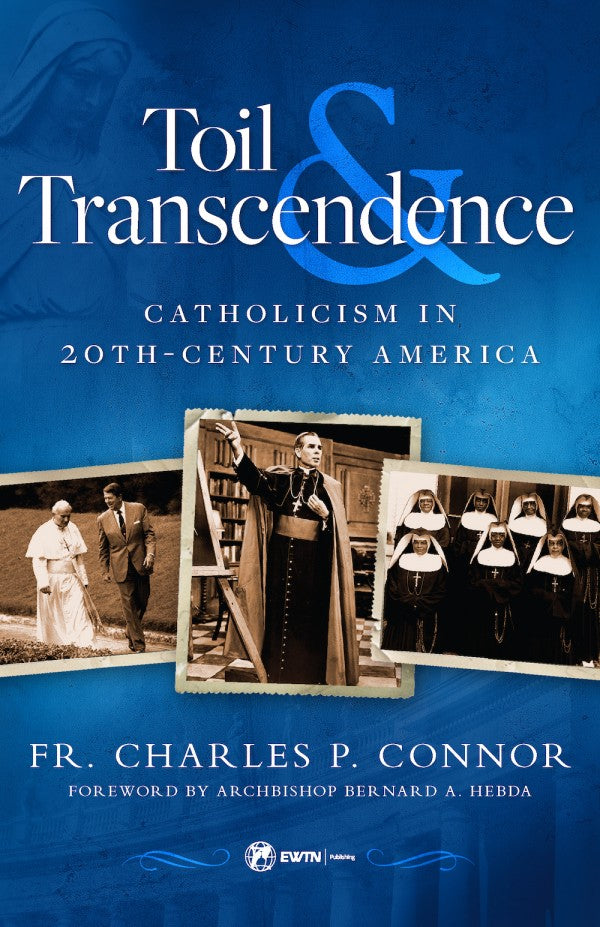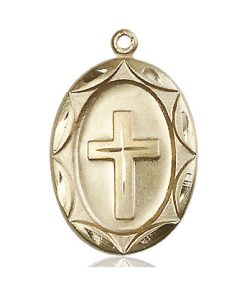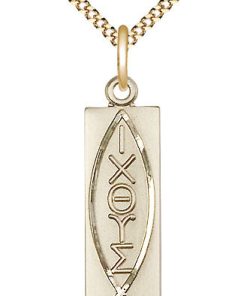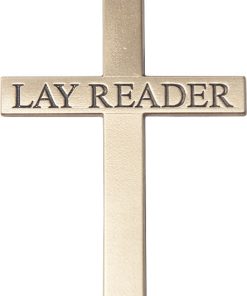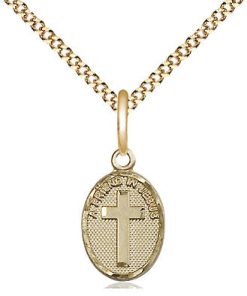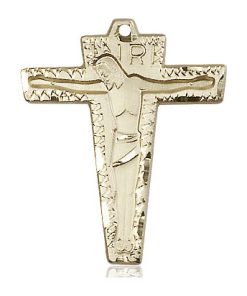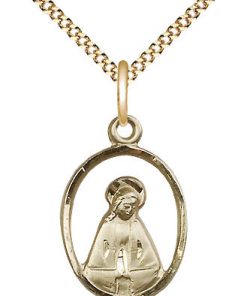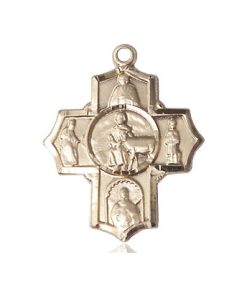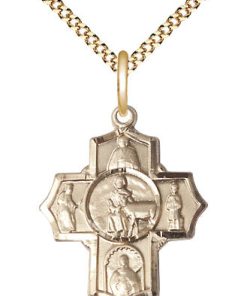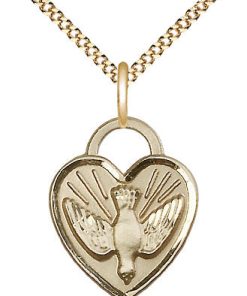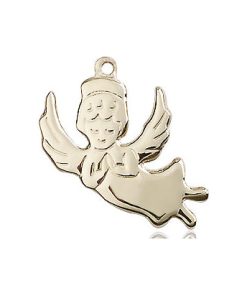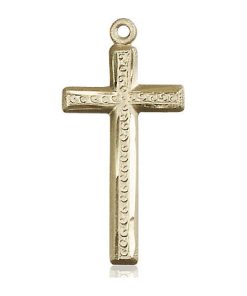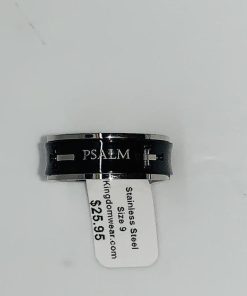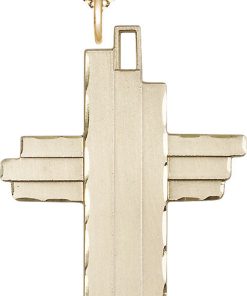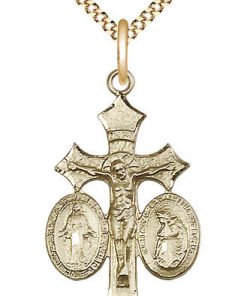Toil and Transcendence Catholicism in 20th-Century America by Fr. Charles Connor SPRSS
$ 18,95 $ 11,37
By the end of the Civil War, barely four million Catholics lived on American soil. A century later, more than 43 million Americans were Catholic, making the Church a dominant force in American culture and politics.
The twentieth century was a springtime for the American Church, which witnessed the dramatic expansion of American dioceses, with towering new churches erected even blocks apart. Catholic schools were swiftly built to accommodate the influx of Catholic schoolchildren, and convents and monasteries blossomed as vocations soared.
The Catholic hierarchy and laity factored into many of the great stories of twentieth-century America, which are told here by one of our country’s foremost experts on Catholic American history, Fr. Charles Connor.
In these informative and entertaining pages, you’ll learn:
-
What motivated the virulent anti-Catholicism of early twentieth-century America
-
The daring way Notre Dame students responded when the KKK held a rally in South Bend
-
One businessman’s bold attempt to build Catholic colonies in Nebraska and Minnesota
-
How, in 1928, the first Catholic major party nominee for president, Alfred E. Smith, turned New England into a reliable voting bloc for the Democrats
-
FDR’s response to New York’s Cardinal Spellman, who pleaded with the president to protect the Vatican and the pope from German forces during World War II
-
How Bishop Fulton Sheen’s phone call to a political operative accused of spreading anti-Catholic messages led to his conversion to the Faith
-
How, finally, in 1984, the United States was able to formalize diplomatic relations with the Holy See.
Fast Shipping and professional packaging
Through our long-term relationship in a long-standing partnership with UPS, FedEx, DHL and many other leading global carriers, we are able to offer a variety of shipping options. Our warehouse staff are highly trained and will pack your products in accordance with our exact and accurate specifications. Before they are shipped your items will be thoroughly examined and secured. We ship to thousands of customers each day from multiple countries. This shows our commitment to becoming the biggest retailer online in the world. The distribution centers and warehouses distribution are located in Europe, as well as the USA.
Note: Orders containing more than one item will be assigned a different processing time for each item.
Prior to shipment We will examine thoroughly the items you've ordered. Today, the majority orders will be delivered within 48 hours. The delivery time varies between 3-7 days.
Returns
The inventory is always changing, and is not completely managed by us because of the involvement of multiple parties including the factory and our warehouse. The stock can change at any time. Please understand it may happen that your order will be out of stock once your order has been made.
Our policy is valid for a period of 30 days. Unfortunately, if the 30 days have elapsed from the date you purchased the item, we will not be able to offer you a return or exchange.
You are able to return an item if it is unused and still in the same condition when you received it. The item must be in the original packaging.
Related products
Picture Frame
Picture Frame
Standing Cross
